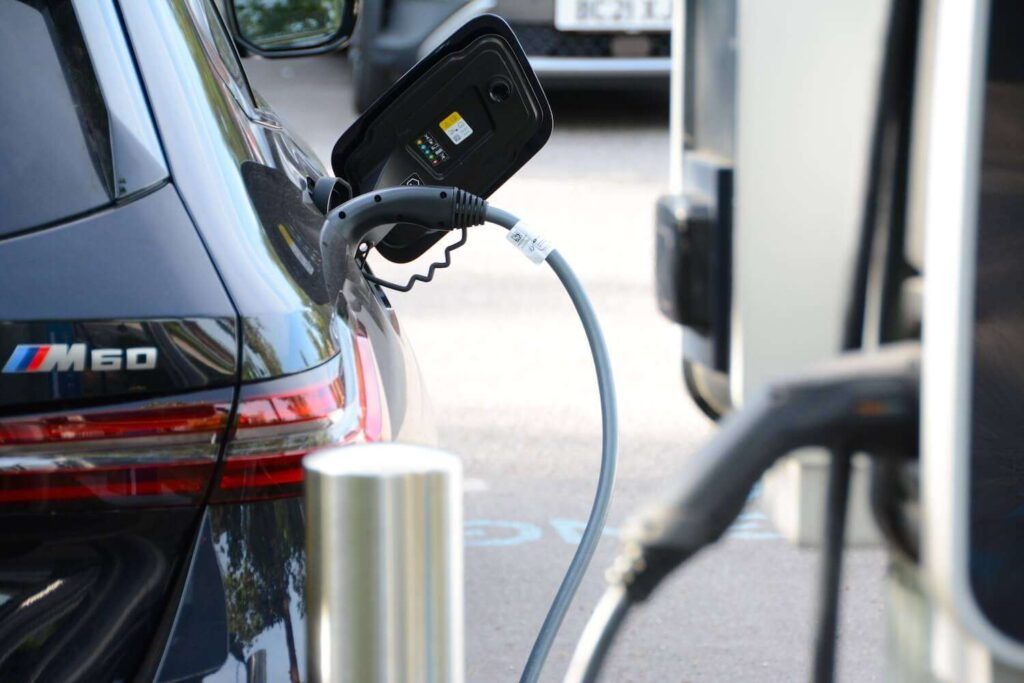A world-first, real-life trial of electric vehicles, involving battery analytics specialist, Silver Power Systems (SPS), EV manufacturers and academics, has brought closer the ability to accurately predict EV battery lifespan.
With the battery being by far the most expensive component of an EV, it is critical for all sectors – from OEMs and battery manufacturers to fleet owners and operators – to understand how the battery is performing and predict how much it is likely to degrade over the vehicle’s lifetime.
Until now, predicting lifespan has been difficult. While digital models of EV batteries have been created, they have lacked accurate real-world data to back them up.
What’s more, not all batteries are born equal, and not all batteries are treated equally throughout their life, degrading at different rates, subject to different drivers and charging routines, further underlining the need for real-world data to be combined with machine-learning based predictive technology.
Run over the last nine months, the pioneering REDTOP (Real-time Electrical Digital Twin Operating Platform) automotive research programme has sought to bring about a step change in battery understanding, with the objective of creating the world’s most advanced battery ‘digital twin’ – a highly-sophisticated virtual model, linked to a real battery.
Part-funded by The Advanced Propulsion Centre UK (APC), the revolutionary project, led by Silver Power Systems, has seen partners Imperial College, London Electric Vehicle Company (LEVC) and JSCA, the research and development division of the Watt Electric Vehicle Company, join forces on a real-world EV trial.
Since January, some 50 LEVC TX electric taxis and a new EV sports car from the Watt EV Company have collectively travelled over 500,000km as part of the programme. Each vehicle has been fitted with Silver Power Systems’ state-of-the-art data-collecting IoT device, which constantly communicates with the company’s cloud-based software.
This crucial data has been analysed by SPS’s machine learning-powered platform EV-OPS, and together with Imperial College’s battery researchers, the world’s most advanced digital twins of actual EV batteries have been created, giving not just an unprecedented view of real-time battery performance and state-of-health, but also the potential to enable these highly sophisticated battery models to predict battery lifespan.
For EV manufacturers, this monitoring capability gives insights into battery performance enabling them to accelerate the development of battery-powered vehicles.
Fleet operators can gain a complete picture of EV health across their vehicle fleet enabling them to more efficiently run their vehicles (and potentially extend their life), while fleet owners can use SPS’s capabilities to predict the future residual value of vehicles based on future battery health. As the market transitions to EVs, this is set to become of ever-increasing importance.
OEMs and battery manufacturers can use the technology to enable more accurately underwritten battery warranties, setting warranties on a new battery or managing risk on existing batteries, while other sectors who can benefit include insurance providers, transport authorities, councils and even private EV owners for whom having access to data on their own vehicle’s battery performance is beneficial.
In the future, SPS’s vision is for its technology to digitally optimise EV batteries during their life.
Liam Mifsud, Program Manager, Silver Power Systems, said: “On top of using a combination of real-world data, machine learning and the digital twin to predict future battery degradation, we can use this technology to update an EV’s software via the cloud to change algorithms or parameters to optimise the performance of the battery as the cells age and maximise battery life.
“For all automotive sectors the potential to improve battery performance and overall useable life is revolutionary.”
Image courtesy: Silver Power Systems












